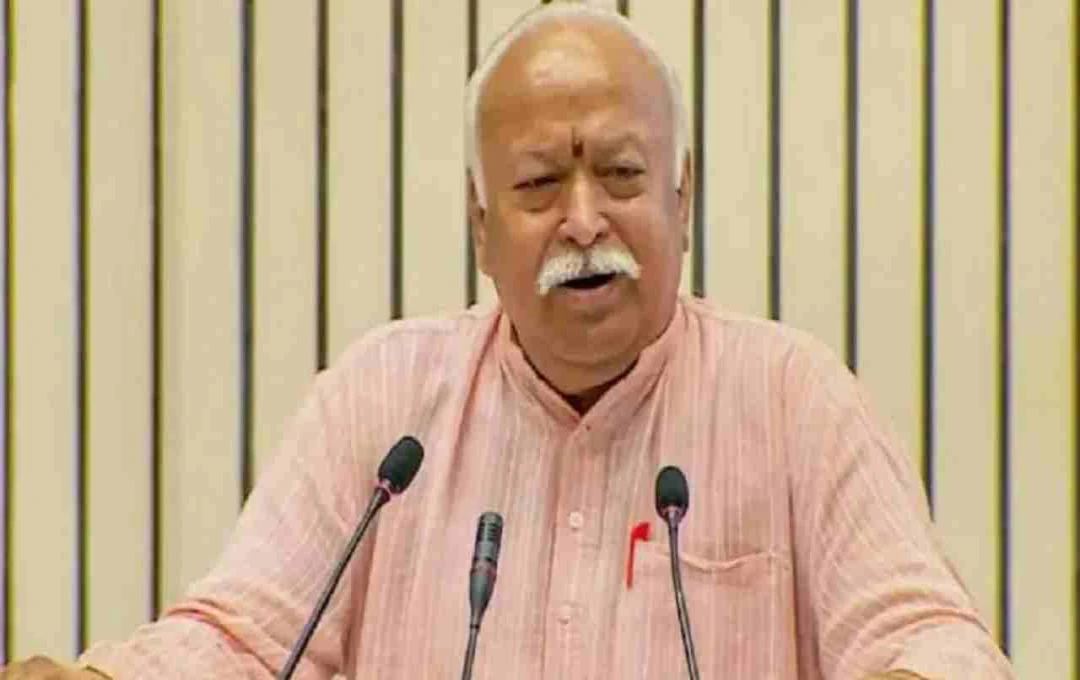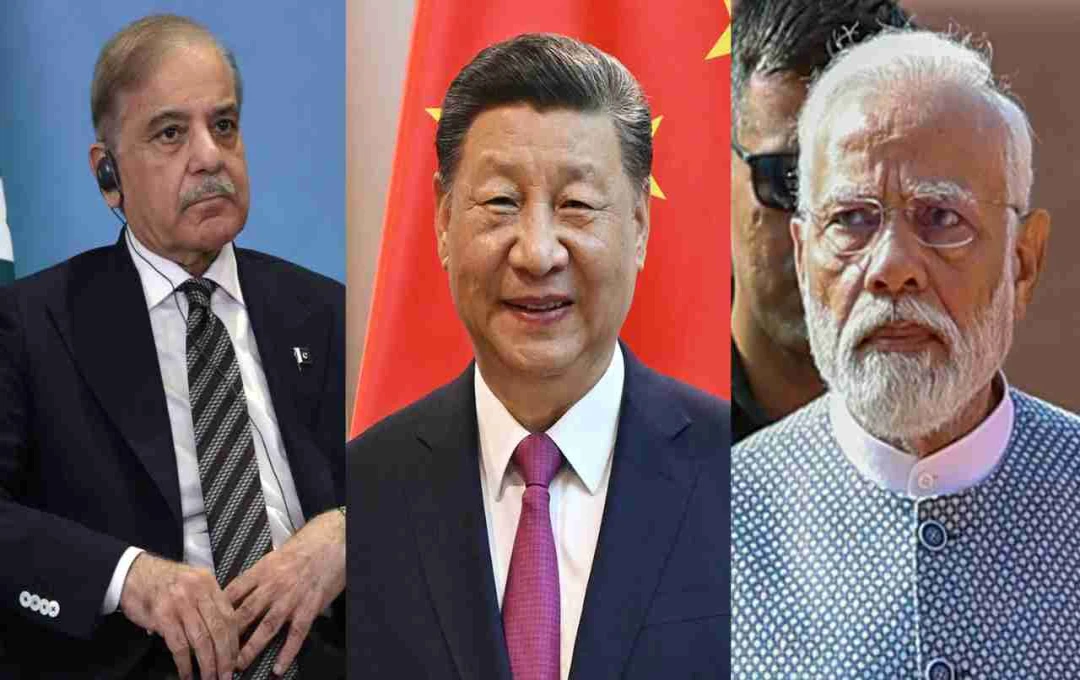With the Free Trade Agreement (FTA) between India and the United Kingdom (UK) reaching an agreement, the gateway to Europe has widened even further for Indian domestic products. While this agreement will give major Indian companies a new identity in the international market, it will also create new opportunities for small farmers, artisans, and local businesses.
Indian Taste and Tradition to be Sold in Britain
Under the FTA, countless products from India, such as the famous Kolhapuri chappals, traditional Goan Feni, Nashik wine, Kerala Toddy, Punjab’s Basmati rice, and Tamil Nadu’s chilies, will now be able to reach the UK without import duties. This means that the British will now also be acquainted with Indian flavors and traditions. Notably, a total of 99 percent of Indian products will be tax-free under this agreement.
Demand for Jackfruit and Millet to Increase Abroad
Until now, many fruits and vegetables from India have only been able to reach the UK in limited quantities, but after this trade agreement, their exports will be in large quantities. Jackfruit, millet, turmeric, cardamom, black pepper, and other organic and traditional products are also expected to find a place in major retail chains there. Notably, there is already a good demand for these products in Western countries from a health perspective.
Goa's Feni and Kerala's Toddy to Get a New Market

The atmosphere is also about to change regarding Indian traditional beverages. Goa's Feni, Kerala's Toddy, and Nashik's wine are now expected to be served in pubs and restaurants in the UK. The government is promoting these products internationally to increase the export of alcoholic beverages to $1 billion by 2030. Currently, this figure is approximately $370 million.
Large Consignments of Fish and Seafood Products
This trade agreement can also prove to be a boon for fishermen in maritime states like Andhra Pradesh, Odisha, Kerala, and Tamil Nadu. The seafood products caught by them can now be sent directly to the UK food market. The demand for Indian seafood products is already good in the British market, and now that there will be no duty, India will have a competitive advantage.
Abundance of Basmati Rice and Spices
Basmati rice is the identity of Indian cuisine, and its demand always remains in Britain. Large consignments of Basmati from Punjab, Haryana, and Uttar Pradesh can now be sent tax-free. In addition, spices from the northeastern states, especially Nagaland's chilies, Assam's black pepper, Meghalaya's turmeric, and Tripura's aromatic rice, are also ready to enter the UK markets.
Indian Electronic and Chemical Sector to Get a Boost Too
Not only food and traditional products, but sectors like electric machinery, chemicals, leather goods, and pharmaceuticals will also benefit from this agreement. Notably, Indian medicines already have a good reputation in Britain, and now after the relaxation in rules, their export will become even easier.
Small Farmers and Producers of India Will Get a Big Platform

The biggest benefit of this deal will be that small farmers, artisans, and entrepreneurs working in villages in India will now be able to directly access the UK market. The government plans to involve villages in the export of agricultural products, so that the theme of Local to Global can be realized.
Big Goal is to Increase Trade
India and Britain have both set a target of almost doubling mutual trade by 2030. Currently, this figure is around $56 billion, which is planned to be increased to $120 billion. For this, both countries are working towards making mutual trade easier and faster.
Benefits Will Reach Villages Along with Cities
The biggest advantage of this entire agreement will be that its impact will not be limited to just metro cities. Hundreds of products like Maharashtra's grapes, Gujarat's peanuts, Andhra's fish, Goa's Feni, Kerala's Toddy, and spices from the Northeast will now showcase India's strength in Britain. This is likely to provide a new market and a new identity to the country's small producers.















